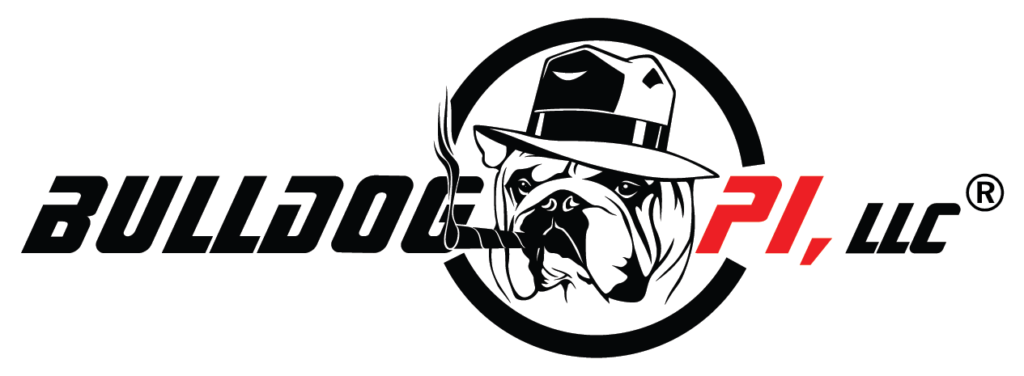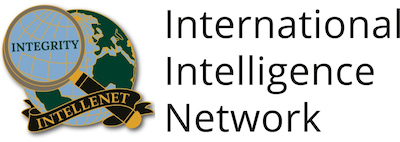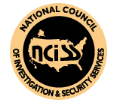Contrary to what movies and TV shows would have you believe, private investigators are some of the most ethical professionals you will meet. This is because one misstep could cost their client key evidence or even an entire case. Additionally, not following the law and the professional code of ethics required for PIs could land the investigator in legal peril.
PI Basics
Many people view PI work as a sneaky occupation and often skirting the lines of what is legal or ethical. Nothing could be further from the truth. To understand why, it’s important to know some basics about PI work. A private investigator is paid to perform the service of obtaining, gathering, uncovering, analyzing and verifying information. They provide their services to clients such as individuals, law firms, law enforcement, courts and businesses. They follow all applicable laws and a strict code of ethics because if any of their clients need to use the information they’ve gathered as evidence in a court case or legal proceeding, they can’t afford to have the evidence thrown out or excluded from the case when that is essentially what they’ve been paid for.
When a PI Crosses the Line
When a PI crosses the line in regards to ethics, there can be serious consequences for the PI and their client. Even if a client makes demands that would force the investigator to violate the law or code of ethics, a PI is never allowed to break the law based on client demand. So what happens in the rare case that a PI does cross the line?
– Loss of evidence – If the PI steps outside of the law or code of ethics in gathering evidence and information for a case, that evidence can be challenged and thrown out of court because it was obtained illegally. This could cause serious detriment to the case in question and the results for the client.
– Damaged reputations – A PI that steps out of bounds when performing an investigation can unintentionally harm the reputation of their client or subjects of the investigation. By breaking the code of ethics or the law, they could potentially expose details about those involved in the case that if made public, could harm the reputations of those involved.
– Harm their business – Frequent missteps or crossing legal and ethical lines will earn a PI a negative reputation that will impact their business and could ultimately cost them their state license to operate (depending on state).
– Legal ramifications – While PIs have greater access to certain types of information, technology and equipment and methods of collecting data than the average person, they still must abide by the law and the state and international code of ethics (as applicable) or they could find themselves in legal jeopardy of their own.
PI Code of Ethics
Each state has a specific code of ethics that private investigators must adhere to. Many private investigators take that code of ethics a step further to assure their clients that their case will always be handled as ethically as possible. For example, you can view our ethics policy here. If the case extends outside of state lines, the investigator must follow all applicable ethics policies for the states involved. If a case extends to other countries, the private investigator must follow the international code of ethics for private investigators.
If you have any questions about the ethics policies we follow and how they might apply to your case, please feel free to ask us. We stand by our work as top-notch professional and ethical investigators so you get the results and justice you deserve, every time.










